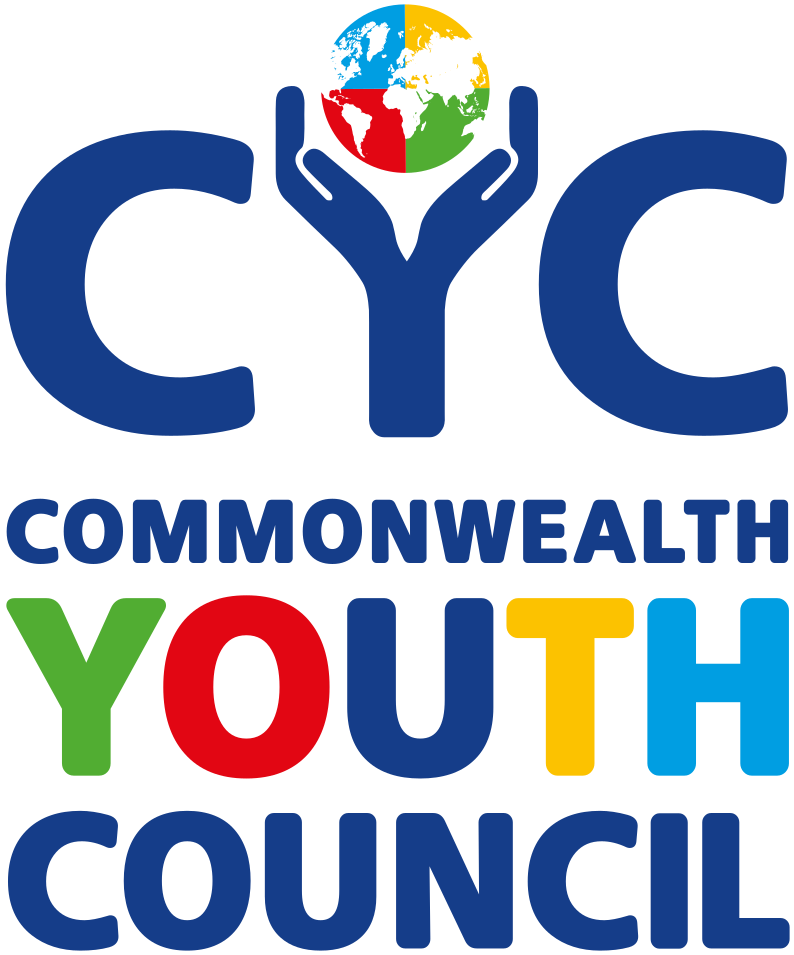The Climate Change Programme of the Commonwealth focuses on strengthening the resilience of Commonwealth countries to the negative impacts of climate change. It advocates for international policies, mechanisms and rules to be more responsive to the development needs of Small Islands Developing States and other vulnerable countries. The Programme’s support is delivered through various mechanisms and partnerships including:
The Commonwealth Youth Council (CYC), in strategic partnership with the Commonwealth Secretariat, plays a pivotal role in propelling climate action across the 56 member states. This collaboration operates through a multifaceted approach including amplifying youth voices in policymaking to ensure climate strategies reflect intergenerational equity; equipping young leaders with the tools, resources, and platforms needed to drive impactful environmental initiatives; and fostering cross-border collaboration to scale innovative, youth-led climate solutions. By integrating youth agency into the heart of climate governance, the CYC and the Secretariat strengthen collective climate resilience and embed sustainability as a cornerstone of the Commonwealth’s shared future.
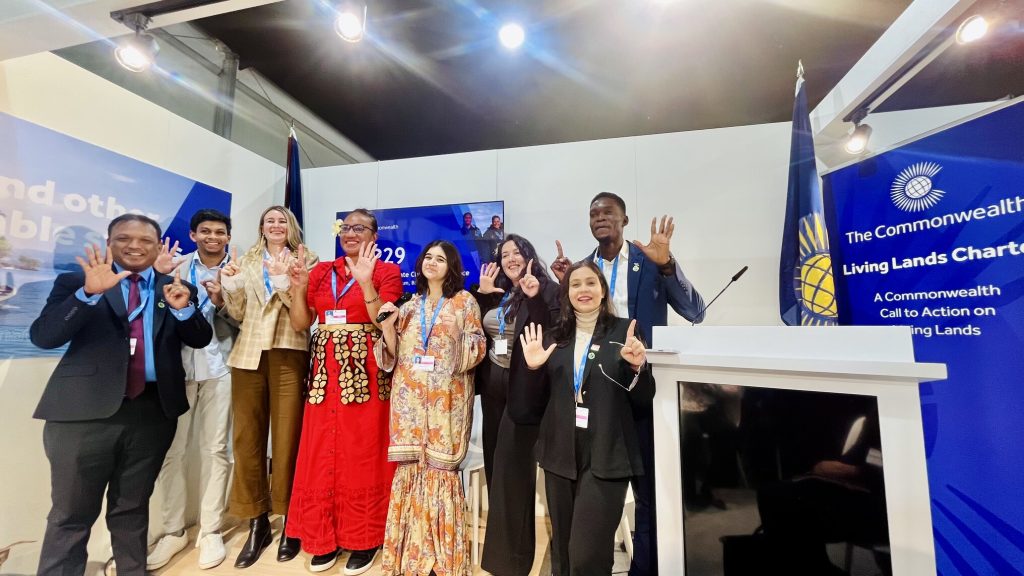
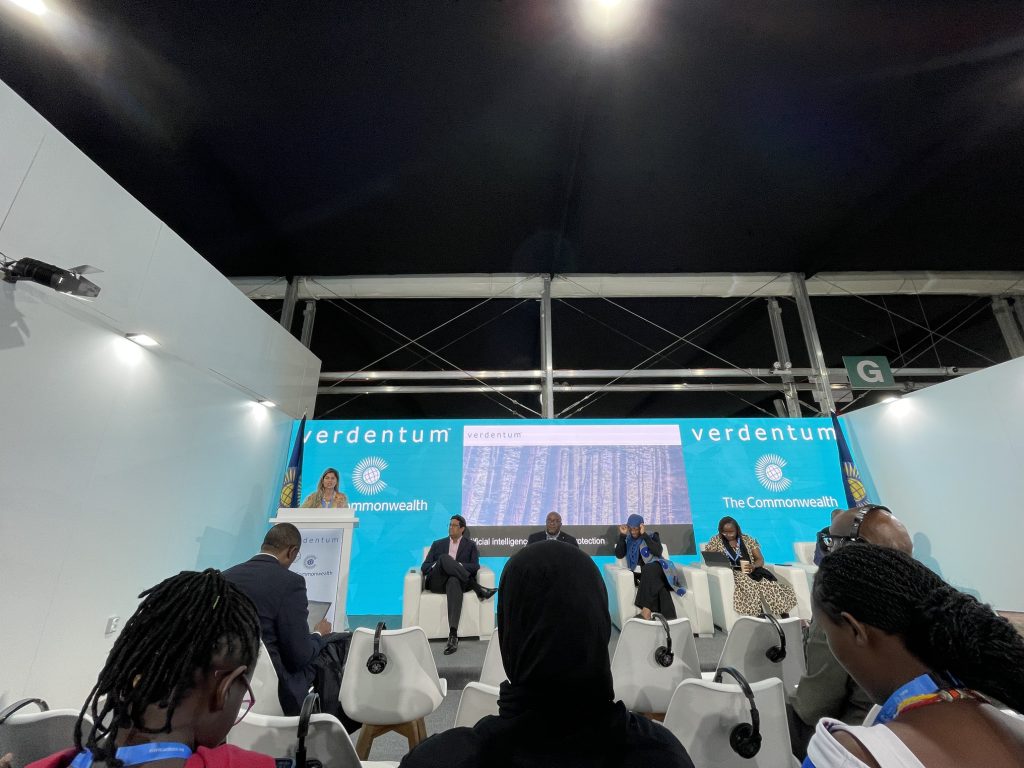
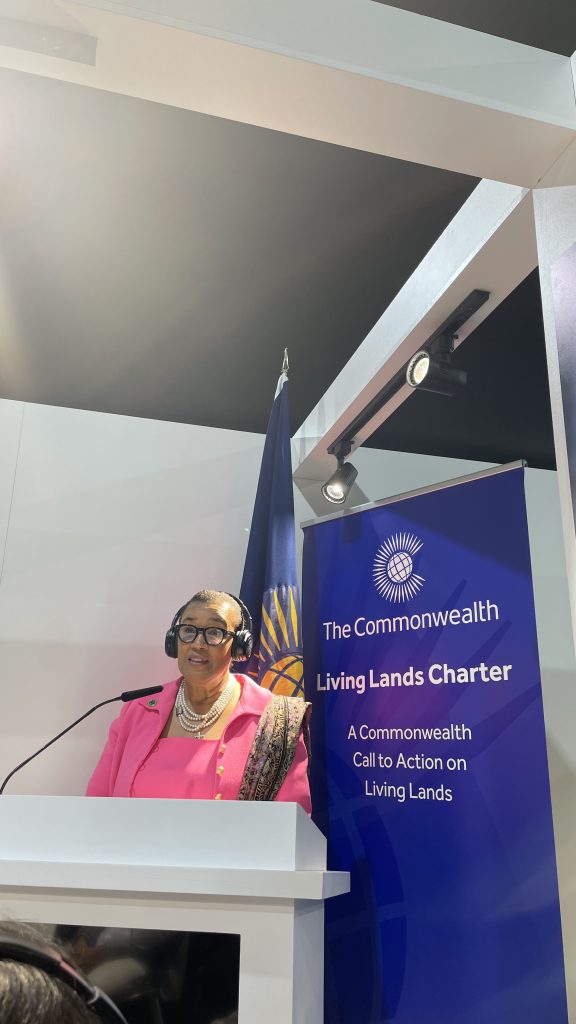
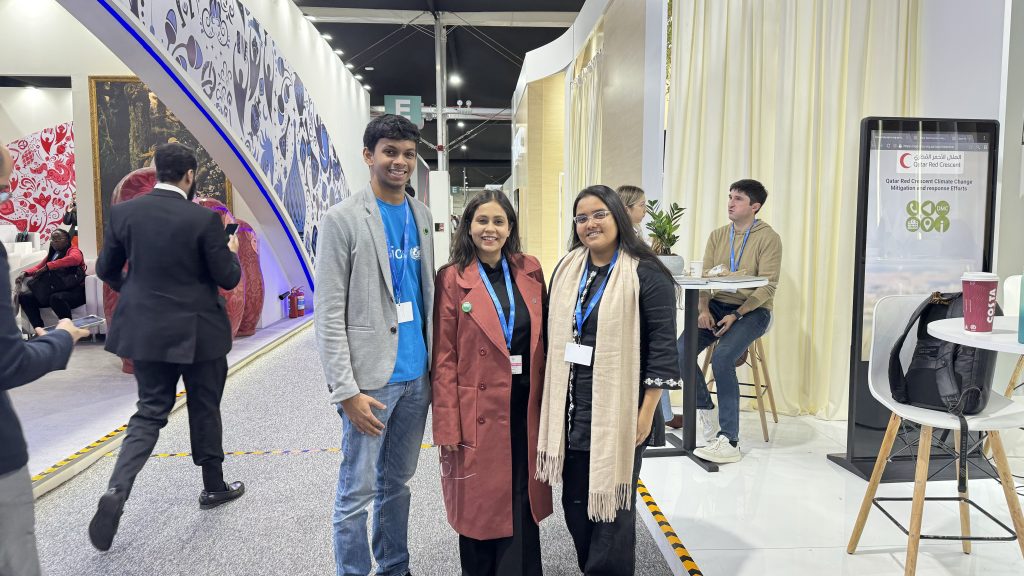
Commonwealth Youth Council (CYC) engages in capacity building for young people in the context of climate change:
- Partnership with Institutions: Collaborates with universities, NGOs, and environmental bodies to co-create tailored learning modules and experiential learning programs.
- Leadership Development Programs: Organizes training sessions, workshops, and fellowships to enhance youth leadership in climate advocacy and environmental governance.
- Technical Skill-Building: Provides access to resources and expert-led sessions on climate science, sustainable practices, and green innovation.
- Policy Literacy and Engagement: Educates young people on climate policy frameworks (e.g., Paris Agreement, SDGs) and equips them to engage effectively in policy dialogues.
- Regional and Global Networking Platforms: Facilitates connections among young climate leaders through forums, summits, and digital platforms to exchange ideas, best practices, and collaborative opportunities.
Commonwealth Youth Council representatives actively participate in UNFCCC COP, advocating for youth inclusion in global climate negotiations. They contribute to policy discussions, co-host side events, and elevate the priorities of young people across 56 member states. Their presence reinforces intergenerational equity and drives momentum for ambitious, youth-led climate action.
Youth Climate Negotiations Training: With support from the Government of Australia, the Commonwealth Secretariat organised its inaugural Youth Climate Negotiations training, with expert facilitation and a rigorous programme that included mock-negotiations aimed at a United Nations Framework Convention on Climate Change (UNFCCC) Conference of Parties (COP). Twenty-nine young people from the climate space – some working in the public sector, others climate activists or postgraduate students in the field – came together in London in September 2024 for three days, representing 21 Commonwealth countries, Ukraine and Azerbaijan.
Commonwealth Climate Finance Access Hub: The Commonwealth Climate Finance Access Hub (CCFAH) helps countries to unlock the available climate finance. Through this initiative, small and vulnerable member states are assisted to bid for and gain increased access to climate finance.
The process is achieved through supporting the development of grant proposals and project pipelines; building human and institutional capacity; providing technical advisory services; and facilitating cross-Commonwealth cooperation and sharing of experiences and expertise by Commonwealth National Climate Finance Advisers.
Common Sensing: CommonSensing is an innovative project based on a partnership between Fiji, Solomon Islands and Vanuatu, and a consortium of international partners working together to support and build climate resilience and enhance decision-making, using satellite remote sensing technology.
Commonwealth Call to Action on Living Lands (CALL): The Commonwealth Call to Action on Living Lands (CALL), which originated after the 2019 IPCC Special Report on Climate Change and Land, seeks to support the 56 member countries to work on critical land issues of biodiversity, climate change and land degradation.
These issues lie under the three United Nations Rio conventions of Biological Diversity (UN CBD), combatting desertification (UNCCD) and Climate Change (UNFCCC). The aim of CALL is to enable integrated implementation of the commitments and targets agreed under the three Rio Conventions, harnessing co-benefits in pursuit of a shared vision of living in harmony with nature.
The Commonwealth Living Lands Charter is the primary guiding mechanism for this programme and serve as the framework for the integrated and coherent pan-Commonwealth implementation of these commitments.
